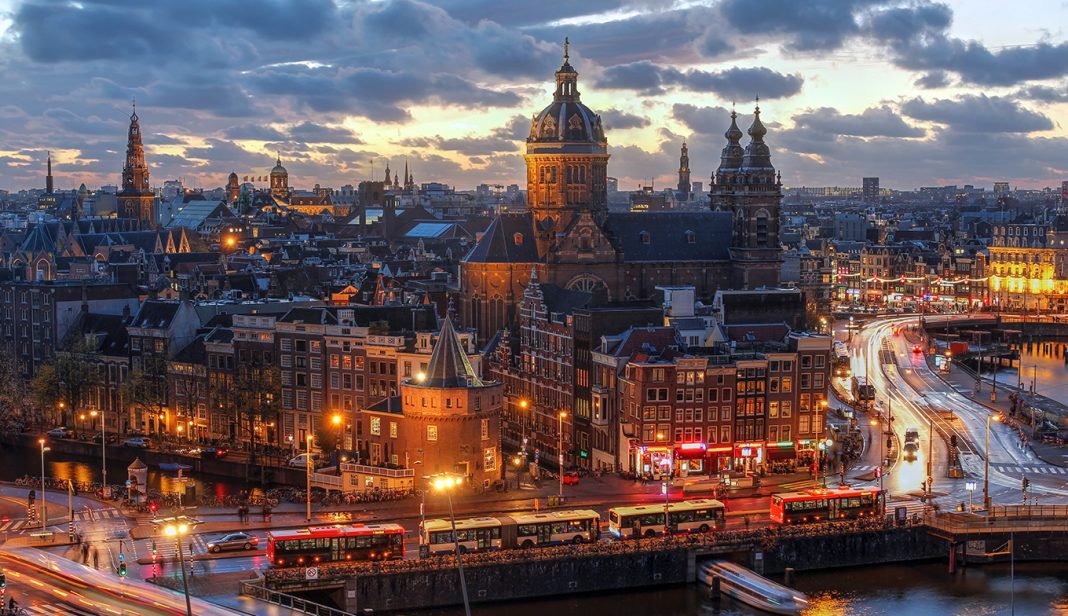The Unemployment Rate in Amsterdam
Amsterdam, as a pivotal economic center in the Netherlands, boasts a dynamic labor market. The city’s unemployment rate is a crucial indicator of its economic health. As of [latest year], the unemployment rate in Amsterdam stands at [specific percentage], reflecting a [description of trend, e.g., decrease or stability]. This rate is influenced by various factors, including the city’s robust sectors such as finance, technology, and tourism.
Key factors affecting Amsterdam’s unemployment rate include its thriving tech scene, which attracts a global workforce, and its policies that encourage startup growth. However, challenges such as automation and global economic shifts also play a role. Understanding these dynamics is essential for job seekers and businesses alike.
Wages in Amsterdam
Wages in Amsterdam are a reflection of the city’s economic position in Europe. The average wage for workers in Amsterdam is approximately [average wage figure], which varies by industry. For instance, sectors like technology and finance often offer higher salaries compared to hospitality or retail.
The wage structure in Amsterdam is influenced by factors like the cost of living, which is relatively high, and the demand for skilled labor, especially in emerging tech industries. The Dutch government [w] also ensures a minimum wage policy, providing a safety net for workers across various sectors.
Work Culture in Amsterdam
Amsterdam’s work culture is characterized by a balance between professionalism and personal life. The city is known for its flexible working hours and an emphasis on employee well-being. Workplaces in Amsterdam often encourage a collaborative and inclusive environment, with a focus on innovation and creativity.
Dutch work culture also places high importance on direct communication and egalitarianism. Employees are encouraged to voice their opinions and contribute ideas, regardless of their position in the company. This inclusive approach fosters a sense of community and collective responsibility in the workplace.
Visa Types Required for Work Permits
For non-EU residents seeking employment in Amsterdam, understanding the visa requirements is crucial. The most common visa types include:
- Highly Skilled Migrant Visa: Aimed at professionals with specialized skills, particularly in sectors where there is a shortage in the Dutch labor market.
- Work Visa for Paid Employment: For individuals who have a job offer in Amsterdam and meet the criteria set by the Dutch government.
- Entrepreneur Visa: For those looking to start a business or invest in Amsterdam, this visa caters to entrepreneurs and investors.
Each visa type has specific requirements, such as salary thresholds, sponsorship by an employer, or a business plan for entrepreneurs. It’s important to navigate these requirements carefully to ensure compliance with Dutch immigration laws.


